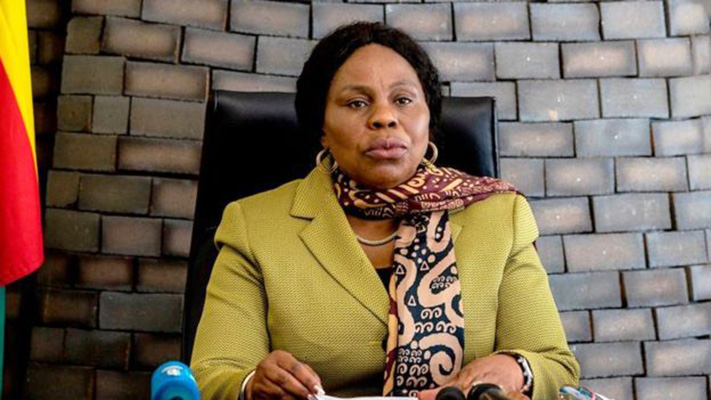IF IT were not for Zimbabwe, the world’s longest-serving president Teodoro Obiang Nguema Mbasogo of Equatorial Guinea might not have come this far. Nguema, 80, has been in office for 43 years and his new term will take him to 50 years.
As such, Zimbabwe’s president, Emmerson Mnangagwa, was the only leader from southern Africa at Nguema’s sixth swearing-in ceremony that gave him another seven years in power.
The explanation was given at the post-cabinet briefing to journalists by information minister Monica Mutsvangwa.
“As the nation may recall, Zimbabwe played a pivotal role in foiling the 2004 coup d’état attempt, which was plotted by Simon Mann and his contingent of mercenaries and the two countries have maintained strong relations ever since,” she said.
The coup attempt was financed by Sir Mark Thatcher, the son of former British prime minister Margaret Thatcher. It was to be executed by Mann, a British mercenary, who served in the British Army’s Special Air Service (SAS).
For his part, Thatcher was in 2005 arrested under South Africa’s anti-mercenary laws for funding the coup to the tune of R1.8 million. He was found guilty and jailed for five years with a fine of £300 000.
Mann was stopped on his tracks in Zimbabwe where with his men had made a stop to refuel their Boeing 727 and also load guns procured from the Zimbabwe Defence Industries (ZDI). With him were 64 former soldiers recruited in South Africa drawn from the apartheid-era special force the 32 Buffalo Battalion.
A few days later, Servaas Nicolaas “Niek” du Toit, a former commando and colonel with the 32 Buffalo Battalion, was arrested in Equatorial Guinea’s capital Malabo with 18 others.
He was handed a 34-year sentence, but Nguema pardoned him on November 3, 2009. Mann eventually served three years of a four-year prison sentence in Zimbabwe, and less than two years of a 34-year sentence in Equatorial Guinea.
Speaking to the Independent in the United Kingdom in 2011, Mann said the worst mistake in the coup plot was working with Thatcher.
“One of the biggest mistakes was approaching Mark Thatcher to put in money. He wanted to be one of the boys, gain power in an oil-rich country, and impress his mother. “He turned out to be a very weak link indeed,” he said. — IOL




